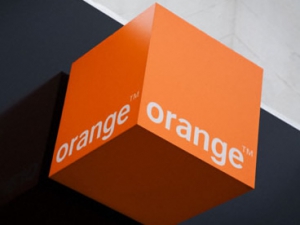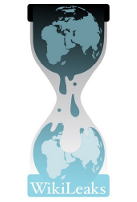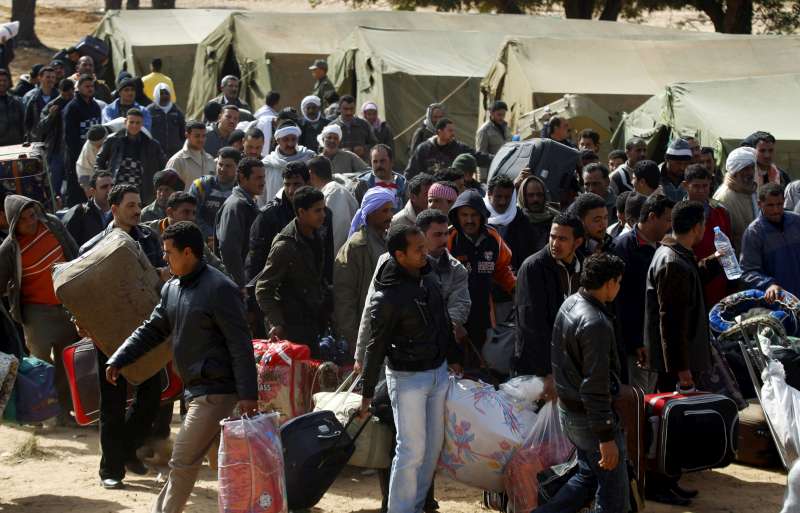Mr. Torosyan leads one of the firm’s practice areas as the Director of Monitoring, Evaluation, and Learning. He brings 18 years of experience in USAID and other donor-funded project management, evaluation, and consulting roles in more than 15 countries across Europe, Asia, and Africa. Half of his career was dedicated to delivering development consulting assignments in field offices as Project Director, Team Leader, and Policy Advisor in projects funded by USAID, The World Bank, ADB, UNDP, and EU. The remaining half was devoted to managing USAID-funded projects from the corporate headquarters of development consulting firms in the Washington, D.C. area.
Mr. Torosyan’s technical expertise spans a wide range of private sector development topics, such as the improved enabling environment for trade and investment, firm-level competitiveness enhancement, value chain development, and increasing SME access to finance. He also has in-depth knowledge of public sector governance reform issues, including evidence-based decision-making practices, impact assessment schemes, regulatory convergence with international standards, reform of state-owned enterprises in the energy and other infrastructural sectors, anti-corruption, and improved public service delivery via Govtech solutions.
Beyond his extensive project management and advisory work, Mr. Torosyan has a decade of experience in project performance evaluation and monitoring. He has demonstrated his expertise in Monitoring and Evaluation Lead roles at a development consulting firm in Washington, DC, and as an independent Evaluation Team Leader and Principal Evaluator of multiple donor-funded projects in Europe and Asia.
Mr. Torosyan holds a Master of Advanced Studies degree in International Law and Economics from the University of Bern, World Trade Institute, Switzerland. He was also a research fellow at the University of Muenster, Germany, specializing in institutional economics, which led to a Doctor of Economics degree from the Institute of Economic Research. He speaks Armenian and Russian fluently.








































